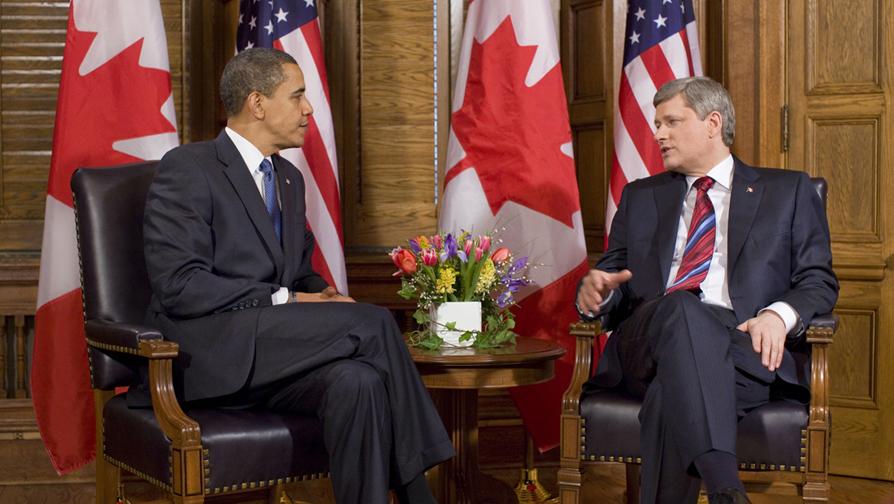
November 15, 2013
iPolitics
by Michelle Zilio
Canada needs to play a stronger role in the creation of the post-2015 Millennium Development Goals (MDGs), according to a panel of United Nations and international development experts speaking at the University of Ottawa Thursday.
The public panel, co-hosted by the Department of Foreign Affairs, Trade and Development (DFATD), the North-South Institute and the University of Ottawa’s School of International Development and Global Studies, discussed the development of the next set of UN MDGs.
Th MDGs were developed in 2000 when world leaders came together at the UN to adopt the Millennium Declaration committing member states to a global partnership to reduce extreme poverty by setting a series of targets with a deadline of 2015. Those targets became known as the MDGs and set eight main goals:
- Eradicate extreme poverty and hunger
- Achieve universal primary education
- Promote gender equality and empower women
- Reduce child mortality rates
- Improve maternal health
- Combat HIV/AIDS, malaria and other disease
- Ensure environmental sustainability
- Develop a global partnership for development
While there is doubt about whether any countries will achieve all of the MDGs by 2015, that is not stopping the UN from preparing for the next round from 2016 to 2030. The UN is putting a lot of effort into the development of the post-2015 goals, including the appointment of the High-Level Panel on the Post-2015 Development Agenda and extensive consultations with governments, civil society groups, NGOs and, of course, the public.
In his work with governments, UN Development Programme Special Advisor on the Post-2015 Development Agenda Olav Kjørven said Canada has only played a limited role in the development of the next round of MDGs.
“In terms of the discussion about what should come after the MDGs, so far I think it’s fair to say that the Canadians have absolutely participated in all the discussions but haven’t been very proactive in coming up with proposals for what the agenda should contain,” said Kjørven at the panel discussion in Ottawa Thursday.
Kjørven applauded Canada’s efforts to advance women’s and children’s health targets in the current MDGs, as well as its commitment to accountability of fellow member states. But he said Canada’s specific interests for the post-2015 MDG agenda are not nearly as clear.
“The role has not been quite as clear when it comes to the post-2015 agenda so that’s maybe something to raise nationally — what should be Canada’s role in this going forward?” said Kjørven.
Panelist Julia Sánchez, President and CEO of the Canadian Council for International Co-operaiton, said both the Canadian government and civil society have been “missing in action” in the post-2015 MDG conversation.
“Canadian organizations and very notably the Canadian government have played a very low-key role in this process to date, as compared to the … kind of role we’ve been accustomed to playing in the past,” said Sánchez. “I think this is a reflection of a very negative tendency in our engagement with multilateral processes.”
Foreign policy experts and the opposition parties have criticized the Harper government’s “diminishing” international role in multilateral groups, including its decision to withdraw from the United Nations Convention to Combat Desertification and its failure to win a UN Security Council seat in 2010.
Shannon Kindornay, a researcher with the North-South Institute, said that while some Canadian organizations seem keen on advancing the post-2015 agenda, she has not seen the same interest from the government in her meetings with officials.
However, Kjørven said he saw evidence of a changing perspective during his meeting with DFATD Thursday. He said the government showed interest in two of the possible target areas for the next round of MDGs – the role of the private sector in the implementation of the agenda and accountability.
The post-2015 MDGs are expected to focus on areas of human security, governance, rule of law, gender and human rights, according to Thursday’s panel. The UN will begin solidifying that agenda soon.
Starting in March, the UN will begin working towards a draft set of goals, which is expected to be complete by September 2014 ahead of the UN General Assembly. From September to December 2014, the UN will put together a proposal for the next round of MDGs, followed by negotiations in spring of 2015 and hopefully a deal in Sept. 2015. The next round of MDGs will be implemented on Jan. 1, 2016.
twitter.com/michellezilio


Recent Comments